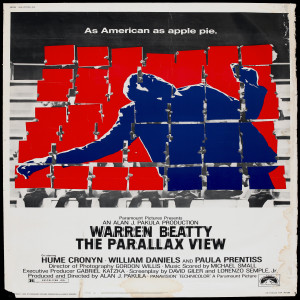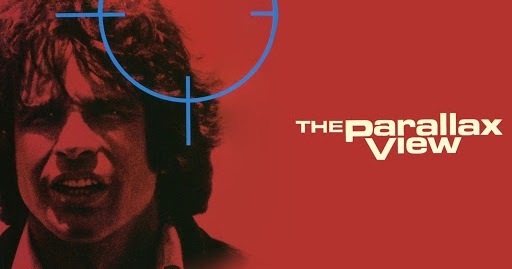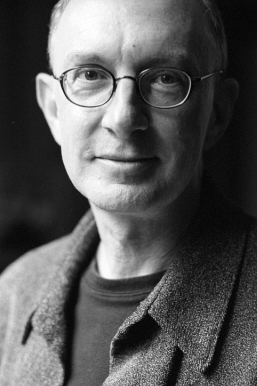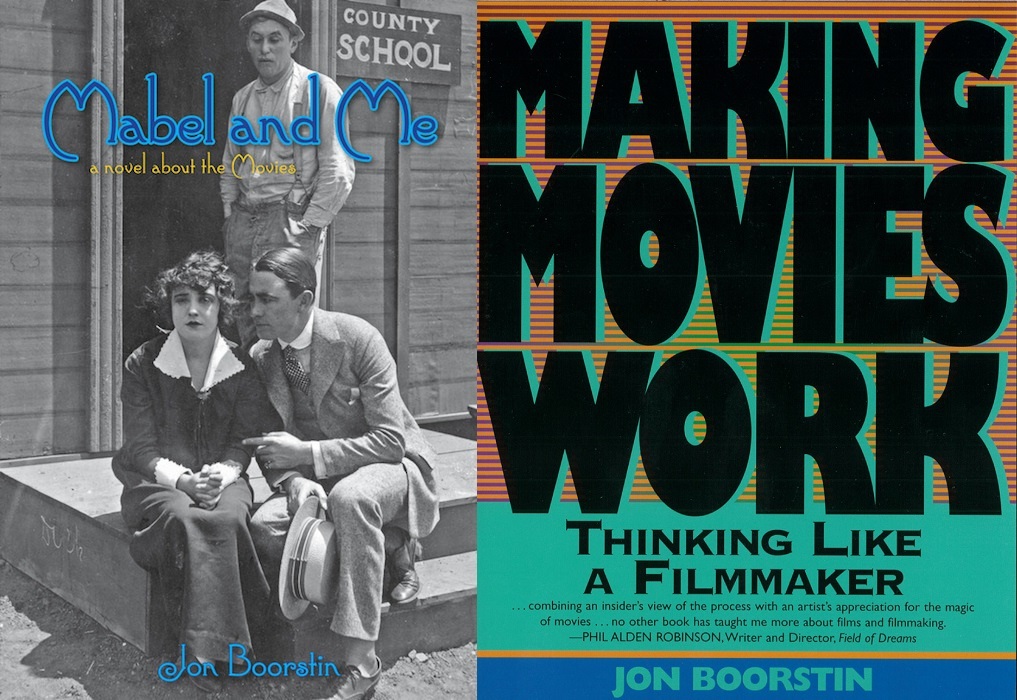Episodes

Sunday Feb 28, 2021
Sunday Feb 28, 2021

On this edition of Parallax Views, for a period in the 1970s a conspiracy-drenched genre known alternately as the paranoid thriller or paranoid political came into vogue. The aftermath of the political assassinations of the 1960s, which saw the violent deaths of public figures like Civil Rights leader Martin Luther King, Jr., black radical Malcolm X, Sen. Robert F. Kennedy, and President John F. Kennedy, combined with the tumult of the Vietnam War, the Presidency of Richard Nixon, the saga of Daniel Ellsberg and the Pentagon Papers, and the scandal of the Watergate break-in created the perfect storm for critical, bleak reassessments of the American political system that stood in stark contrast to the seeming innocence of the "Camelot years" that preceded it. Meanwhile, the collapse of the Old Hollywood studio system led to a period (often referred to as New Hollywood) of daring and creative flourishing in American cinema that produced such modern classics as Bonnie and Clyde, Easy Rider, and Midnight Cowboy among others.
It was from this fertile ground that the conspiracy-drenched 1970s paranoid thriller rose to prominence. Among the classics of this particular genre are such features as Three Days of the Condor, The Boys from Brazil, The Conversation, Soylent Green, Serpico, Capricorn One, and the film that's been referred to as "The Godfather of paranoid political thrillers", The Parallax View.
Following in the footsteps of 1973's Executive Action, The Parallax View dealt with questions of conspiracy as they related to political assassinations. But whereas the Burt Lancaster starring Executive Action offered a conspiratorial explanation for the JFK assassination, The Parallax View took a different approach. Although the film featured veiled references to real life matters like the Warren Commission, the death of journalist Dorothy Kilgallen, the PERMINDEX trade organization believed by New Orleans DA Jim Garrison to have played a pivotal role in the JFK assassination, and the "girl in the polka dot dress" of the RFK assassination, its characters and events are ultimately constructions of its makers imaginations. In other words, The Parallax View is a fictional exploration of political assassinations and the conspiracy theories that arise from them.
The Parallax View stars Warren Beatty as dogged reporter Joseph Frady, who, after the fatal shooting of a presidential candidate, stumbles upon a vast conspiracy involving a shadowy organization known as the Parallax Corporation. As Frady falls deeper down the proverbial rabbit hole in his search for the truth he finds that the Parallax Corporation seemingly specializes in the recruitment of assassins for highly-valued hits on political leaders. Will Frady be able to bust the story wide open by staying one-step ahead of the Parallax Corporation? Or is the Parallax Corporation already one step ahead of him?
Based on the novel of the same name by Lorenzo Singer, The Parallax View was adapted for the silver screen by David Giler and Three Days of the Condor's Lorenzo Semple, Jr. with a rewrite by Robert Towne amidst a looming Writer's Guild of America strike. The film marks the second entry in director Alan J. Pakula's "Paranoia Trilogy" that started with Klute and ended with All the President Men.
Although The Parallax View received mix reviews upon it initial release, today it is generally considered a classic of its genre that reflects America in the 1970s and the worst fears many had about its political system during that turbulent moment in the nation's history. Although the film does deal with political assassinations and conspiracy, it also provides a powerful meditation, specifically through its infamous montage scene known as the "Parallax Test Sequence", on the U.S.'s often spoken of "loss of innocence" after the assassination of John F. Kennedy. Additionally the film's cinematography by Gordon Willis and soundtrack by Michael Small have been praised as well.
It is, perhaps, for this reason that The Parallax View, all these years later in 2021, received the coveted Criterion Collection treatment in a new Blu-Ray release. To coincide with this Parallax Views, which takes its name in part from this film, is offering up a three part retrospective of the classic 1970s paranoid thriller.


In part three, Jon Boorstin, who worked as an intern/assistant to director Alan J. Pakula on The Parallax View, joins us to reminisce about the film and its significance in light of the January 6th riots. In addition to The Parallax View Jon also served as the director for the Oscar-nominated 1974 short documentary Exploratorium and has written such books as Mabel and Me: A Novel About the Movies and Making Movies Work: Thinking Like a Filmmaker.
For Jon The Parallax View is more than a movie dealing with conspiracy. It is, he believes, a movie that uses conspiracy as a launching off point to explore the best and worst aspects of the human condition and how we can be manipulated by without realizing it. We talk about Gordon Willis's cinematography, Alan Pakula's vision intent when making the movie, comparing The Parallax View to Pakula's All the President's Men (which Jon helped produce), the character of Joseph Frady and what he has in common with the Parallax Corporation's assassins, the infamous "Parallax Test Sequence" and its meaning, and much, much more!


No comments yet. Be the first to say something!